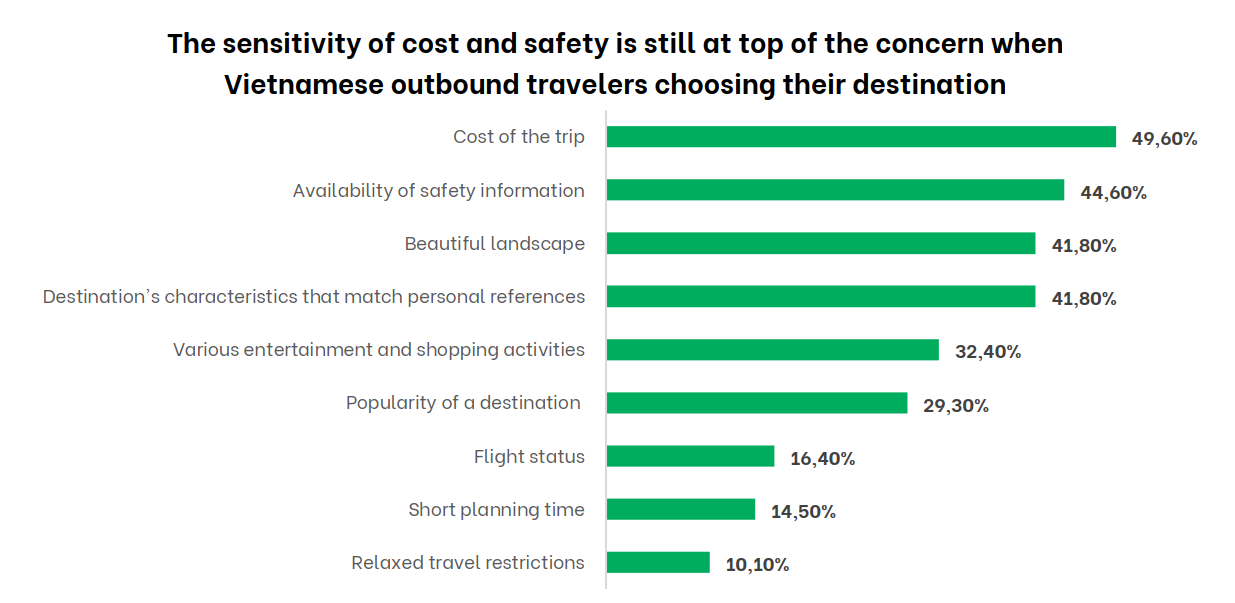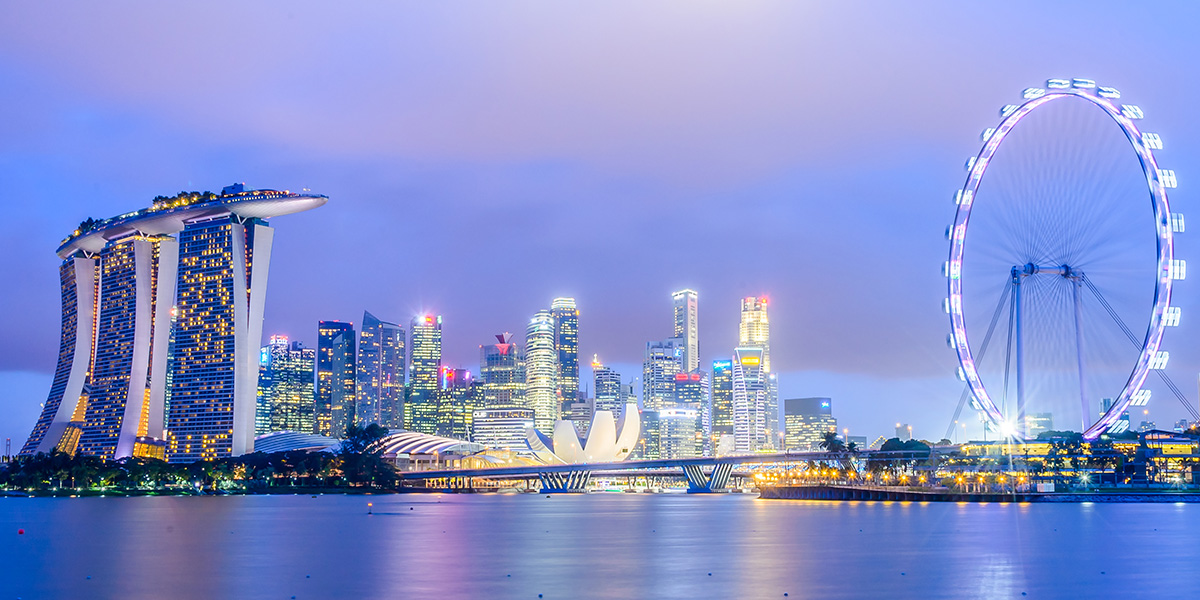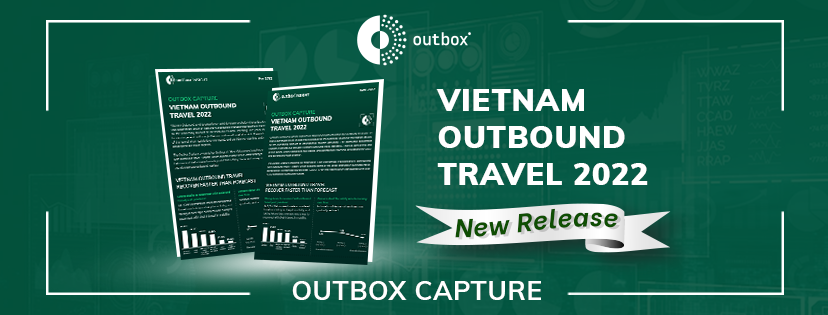With the world gradually coming out of the restrictions, it’s true to say that Vietnamese are hungry to be free to travel again after more than two years of being trapped within the borders, now is a necessary time to assess how the last years have impacted Vietnamese outbound travelers’ reference in choosing destinations. The answer will be complex, like the COVID-19 crisis, blending both fact and emotion.
A survey on travel sentiment in October 2021 showed that while most Vietnamese travelers were confident about the positive movement toward the endemic, they continued to be wary of safety and new virus variants as their most significant concerns when planning their trips. In particular, traveling abroad received the highest level of caution, involving the risk of gathering large numbers on an airplane, strict travel restrictions, and quarantine requirements from different countries. However, these have been easing over time as countries worldwide are shifting to normalcy.
Research conducted by Outbox in September as part of the Vietnam Outbound Travel series reveals that in-region destinations still entice Vietnamese tourists.
Thailand, Singapore, and Korea are the top three go-to destinations once they resume outbound travel.
Considering what influences Vietnamese tourists’ decision to choose an outbound destination, cost and accessibility (visa requirement) have been consistently the two most important factors. Firstly, short-haul destinations, with a relatively low cost of traveling, are consistently among the top destinations that attract many Vietnamese tourists. Secondly, as the proportion of young travelers of Millennials and Gen Z is dominating the market, the trend of self-planned overseas trips also becomes increasingly popular; therefore, destinations with simple visa procedures will easily be the choice of Vietnamese tourists. These explained the popularity of nearby destinations within the Southeast Asian region, such as Thailand, Cambodia, Singapore, and Malaysia, in the choice of Vietnamese outbound travel in the last few years.

Thailand, Cambodia, Singapore, and Malaysia are top preferred outbound destinations to Vietnamese.
However, while there is reason to be optimistic for a robust recovery in traveler spending once the COVID-19 virus is controlled due to pent-up demand, with 65% of outbound tourists spending more for their trips in 2022 and 22% keeping their travel budget at the level of 2019, the post-pandemic period upended many changes with the appearance of unprecedented factors, including the element of fear and concern of ongoing uncertainty. Traveling to any destination involves risk and uncertainty; therefore, tourists evaluate the characteristics of a destination, possible negative consequences, and various factors such as necessity and values. In this case, it is about the hygiene and safety of destinations.
Another characteristic of Vietnamese outbound tourists that reflects on their choice of destination is their spending priority. Most Vietnamese tourists choose social and shareable experiences such as sightseeing and exploring local cuisines as their primary reason for traveling. Shopping in malls comes third on the list of must-do activities.

Source: The report “How Vietnamese travelers are re-connecting with outbound travel?”
In addition, Vietnamese travelers are particularly drawn to experiences they can participate in socially and then share via common social media platforms. Contents on social channels and the popularity of travel vlogging among the young Vietnamese community also contribute to the flow of outbound travel.
With these elements in place, not surprising that Asia destinations with a harmonized combination of landscapes, activities, and shopping have always attracted Vietnamese tourists.
In the initial phase of reconnecting with international travel, Vietnamese tourists tend to prioritize familiar destinations with easy-to-plan itineraries to satisfy travel demand that has been locked up. However, this trend may only partially reflect the characteristics of Vietnamese outbound tourists. Uncertainty is a new certainty; in recovering to the pre-pandemic level, new references and behavior of Vietnamese tourists are expected to emerge. Like other consumer habits, leisure travel, especially outbound travel, will also be affected by economic factors and how the industry operates as the pandemic left lasting marks.
The Outbox Company




